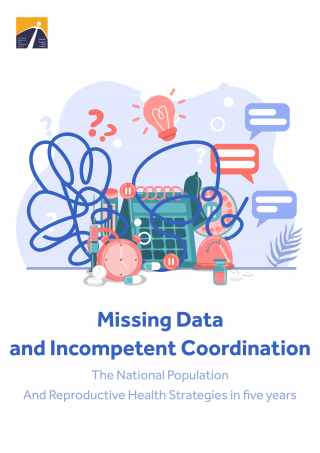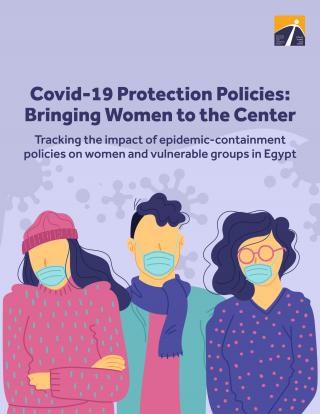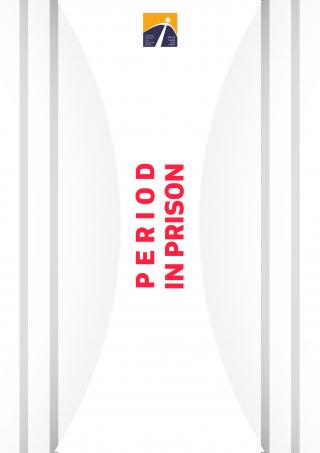The Egyptian Initiative for Personal Rights (EIPR) and REDRESS welcome an important decision by the African Commission on Human and Peoples’ Rights (ACHPR), which found that Egypt’s use of forced genital examinations (also known as “virginity t
Files: sexual and reproductive health and rights
The Egyptian Initiative for Personal Rights (EIPR) has received with close attention the recent announcement by the
The 6th of February of every year, marks the International Zero Tolerance Day of Female Genital Mutilation (FGM). In accordance, the FGM Task Force - which is composed of Egyptian feminist and Human Rights organizations fighting FGM-, urges the Egyptian State to take drastic measures and exhibit full commitment to end this violation and protect young girls from the risk of undergoing FGM.
Everyone has the right to life-saving interventions during or outside of crises.[ii] And yet, women and girls’ rights to bodily autonomy and safe abortion have been some of the first rights to be conveniently sacrificed under the guise of prioritizing COVID, as if health was a zero-sum game. That includes free, safe and legal abortion and comprehensive abortion and post-abortion care, without which women, girls and gender-non-conforming persons are forced to seek unsafe clandestine abortions or to carry unwanted pregnancies to term, in complete violation of our rights.
In particular, the paper reviews three problems surrounding the implementation of the two strategies, namely, first, the absence of data that feeds the indicators previously adopted in the two strategies that are indispensable for their evaluation, and their lack of availability in the few cases in which data are collected. And secondly, lack of commitment to evaluation and review which leads to the difficulty of social accountability. And finally, in the absence of a clear overall vision of how to implement reproductive health policies, as evidenced by the multiplicity of entities responsible for the issue, lack of coordination between them, and the instability of the regulatory frameworks that govern the work of the National Population Council. The paper concludes with a number of recommendations aimed at addressing the three problems and avoiding them in any future planning.
In times of major social crisis, a gendered and feminist perspective exposes the priorities and biases of public policy. It is also an important lens for evaluating the capacity of policies -or lack thereof- to meet the needs of women and vulnerable social groups as a whole, while highlighting their disproportionate impact on these groups, which constitute the majority of the population. For these reasons, today we launch a gender tracker to monitor the impact of the COVID-19 epidemic on women and other vulnerable social groups in Egypt. We hope that a gendered perspective will allow opportunities to remedy measures that do not consider gendered impacts or avoid public policies that could harm certain groups
The campaign also seeks to destigmatize menstruation and present sanitary products as a basic bodily/health need for women.
The campaign also seeks to destigmatize menstruation and present sanitary products as a basic bodily/health need for women.
INCLO further believes that women and girls have the right of access to appropriate health care services to ensure safe pregnancy and childbirth. The ability of women and girls to decide whether and when to become a parent is a necessary precondition for the achievement of gender equality in all aspects of cultural, economic and political life.







